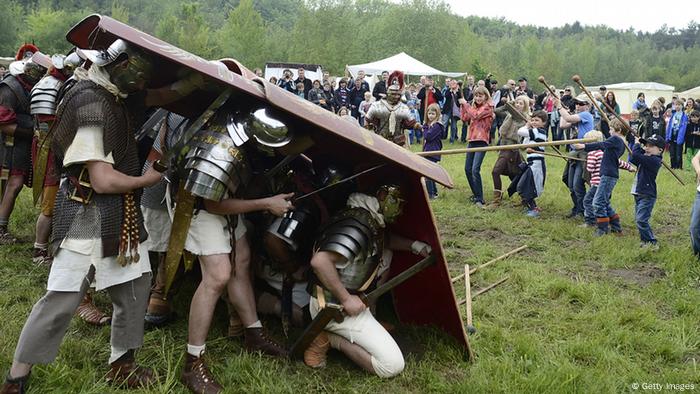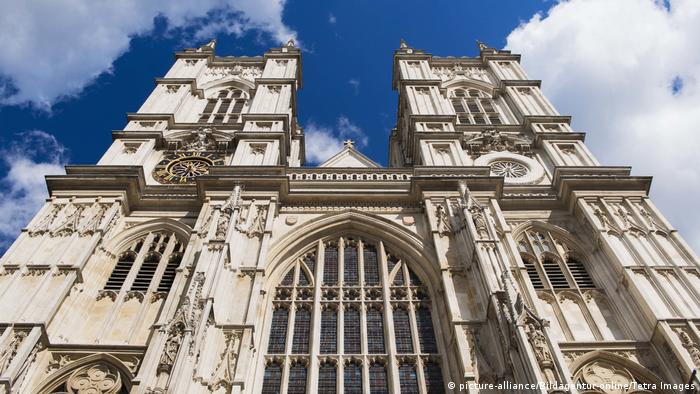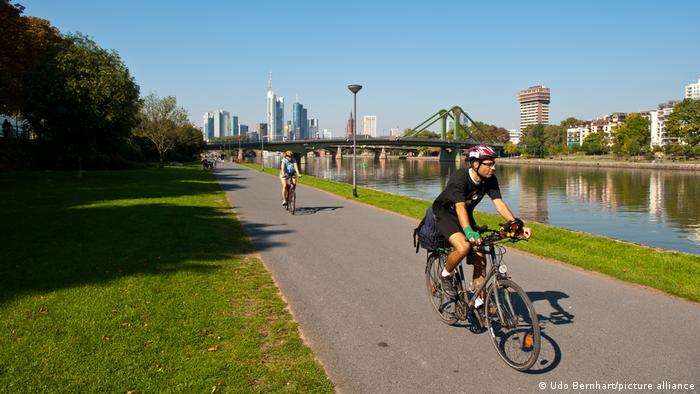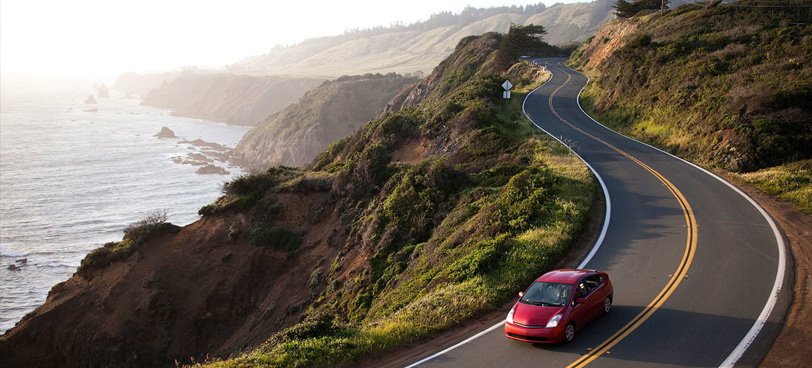Little town, lots of countryside - that's Lower Saxony. Varied from the North Sea to the Weserbergland.
North Sea
A popular destination on the coast is the Wadden Sea in Lower Saxony. It is part of the UNESCO World Natural Heritage. More than 10,000 animal and plant species live here in rhythm with the tides. Also one of Germany's largest predators, which is particularly popular with visitors: the seal. You can get very close to him in the seal station of the National Park Center in Norden-Norddeich.
Lüneburg Heath
One of the oldest tourist attractions in Lower Saxony is the heathland. The sight of the shepherd and his Heidschnucke is part of the idyll. Every year from September, the spectacle of the purple blooming heather attracts around five million tourists. The Lüneburg Heath has been a nature reserve since 1922 - the oldest and, at 23,437 hectares, the largest in all of Lower Saxony.
Hanover
The landmark of the state capital is the New Town Hall. If you take the inclined elevator to the dome, the international trade fair city is at your feet: with the old town streets, the sailors on the Maschsee and with the Sprengel Museum, which presents modern art. A highlight of the collection are the brightly colored, larger-than-life female figures by the artist Niki de St. Phalle.
Weser cycle path
Cycling, cycling, cycling - you can do that excellently throughout Lower Saxony. For example on the Weser cycle path. It runs 500 km along the Weser to its mouth in the North Sea. It goes past castles such as the Cinderella Castle Polle. There are hardly any bridges, but small ferries cross the river.
Pied Piper City of Hamelin
If you travel to the Weserbergland, you should visit Hamelin. Many houses in the heart of the old town are built in the style of the Weser Renaissance, a northern German variant of the Italian Renaissance. Hamelin gained international fame primarily through the legend of the Pied Piper, who is said to have once lured children out of town with his flute. The story has been translated into more than 30 languages.
World Heritage in Goslar
One of the oldest ore mines in the world is the Rammelsberg mine in Goslar. Here, at the foot of the Harz low mountain range, ore was mined uninterruptedly for over 1000 years. The energy for this was provided by a complex system of ditches and reservoirs - including some of the oldest dams in Europe. The mine, together with the medieval old town of Goslar, is a UNESCO World Heritage Site.
Hildesheim Cathedral
Hildesheim Cathedral is also part of the UNESCO World Heritage in Lower Saxony. Before the year 1200 the city was mentioned for the first time. According to legend, King Ludwig the Pious experienced a miracle at this place. Out of gratitude, he had a chapel built, in the place of which today stands the Mariendom with the precious medieval cathedral treasure.
Riding School at Bückeburg Castle
Lower Saxony is horse country. The noble animal has adorned the coat of arms of the north German federal state since 1946. So it's no wonder that Germany's only court riding school is located here: in Bückeburg Castle from the 17th century. Horses of all surviving baroque horsemanship breeds live here in the princely stables.
Autostadt Wolfsburg
The VW factory at the industrial site in Wolfsburg, one of the youngest cities in Lower Saxony, provides horsepower under the hood. It was designed in 1938 as a place of residence for the workers of the car factory. Production is still here today, but mobility history is also presented: the tour of the Autostadt offers insights into the past and future of the car.
Roman battle
In the year 9 AD. the German Arminius lures the Roman general Varus into an ambush, 20,000 Roman soldiers die. People are still puzzling over exactly where the famous battle in the Teutoburg Forest took place. Possibly in Kalkriese in Osnabrücker Land. There is not only an archaeological museum there; Antiquity is revived every year at the Roman and Teutonic Days.






